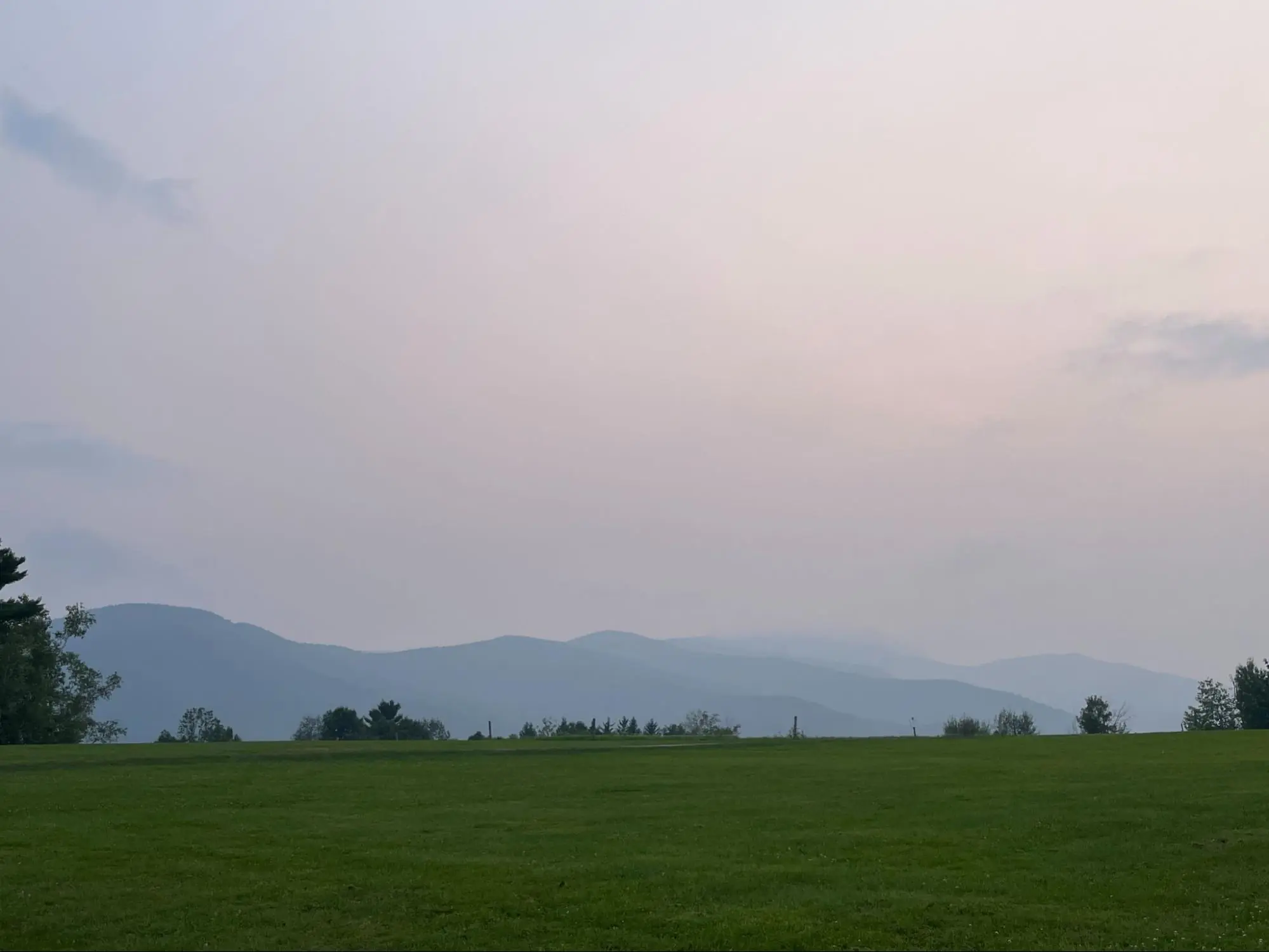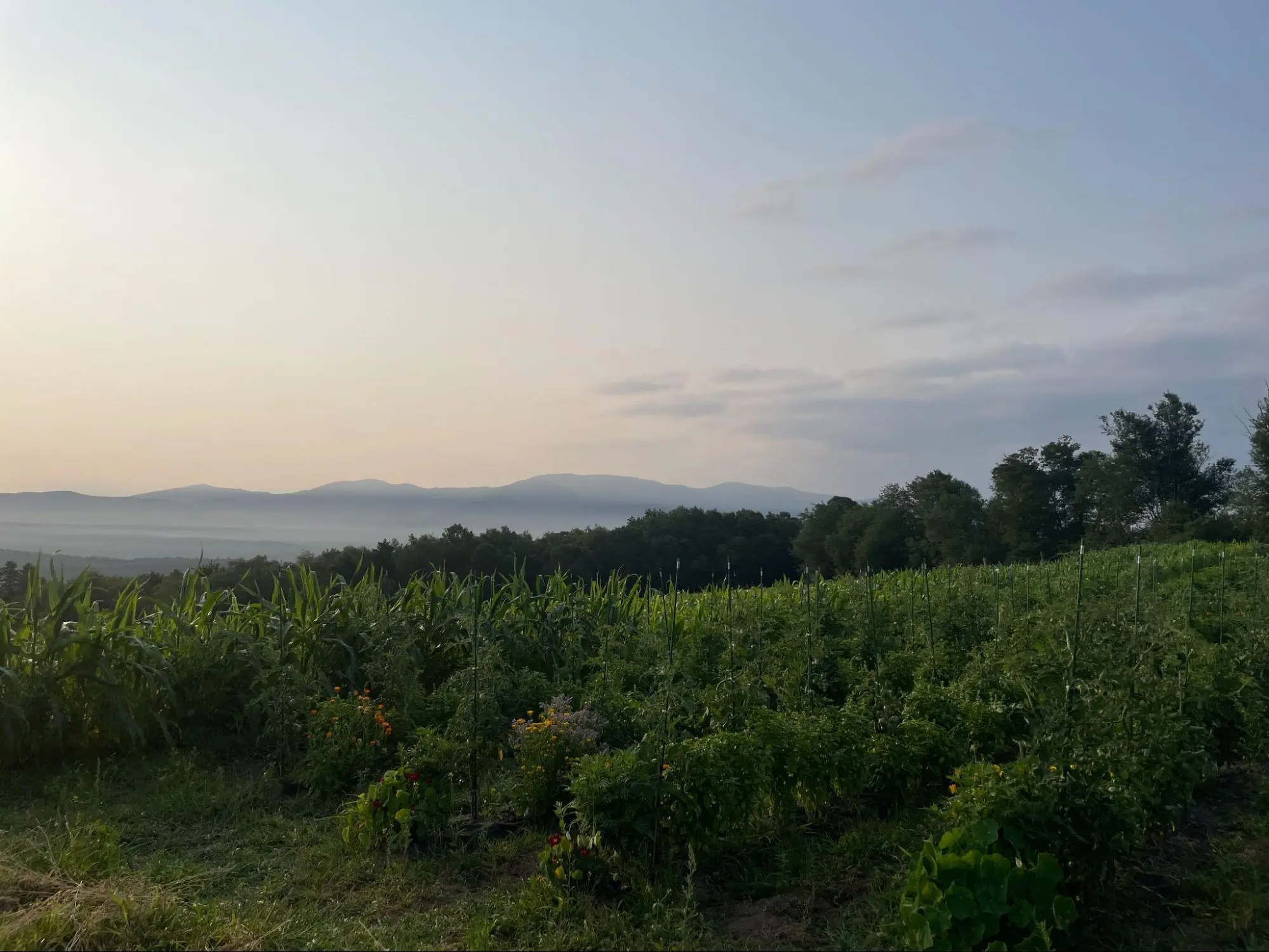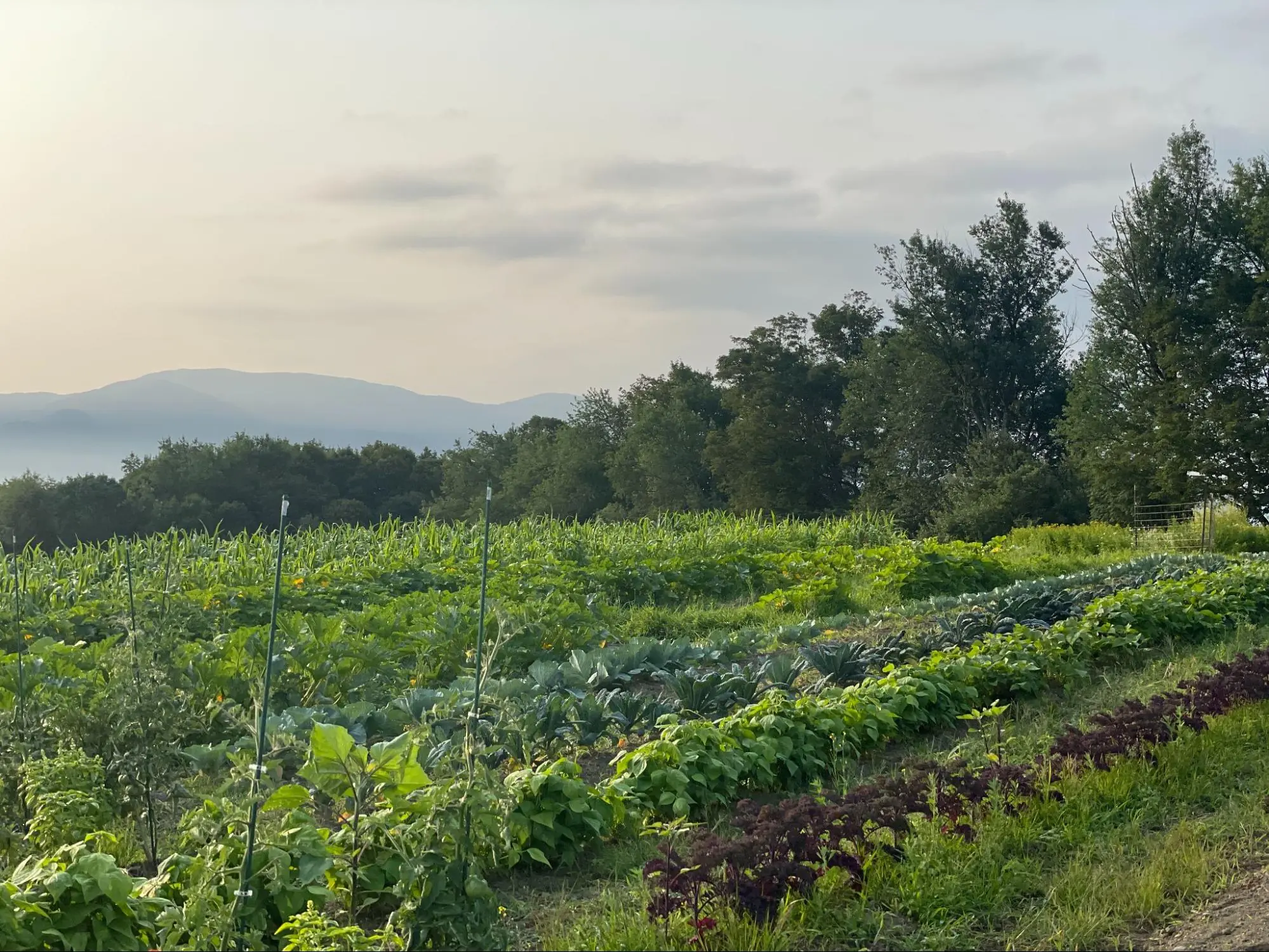New Year, Same Farm Bill… Again.
By Gordon Merrick, OFRF Policy Program Director
If it feels like we’ve been talking about the Farm Bill forever, you’re not wrong. As we turn the calendar to a new year, we are still operating under an extended version of the 2018 Farm Bill, once again kicking the can down the road on a comprehensive, bipartisan update to one of the most consequential pieces of legislation for U.S. agriculture.
Here’s a quick reset on where things stand, what key players are signaling, and how OFRF is approaching the year ahead.
A Quick Catch-Up: How We Got Here
Last year was defined less by progress and more by procedural survival. Congress passed multiple short-term extensions to avoid a lapse in Farm Bill authorities, ultimately extending the 2018 Farm Bill into the new year. While this kept critical programs operating, it also delayed meaningful updates to research, conservation, and rural development policy, areas that increasingly need modernization.
At the same time, Farm Bill negotiations were repeatedly sidelined by larger political dynamics: leadership changes, appropriations brinkmanship, reconciliation debates, and an overall lack of floor time. The result was a familiar outcome: temporary certainty paired with long-term stagnation.
For organic farmers and researchers, this has real consequences. Programs authorized by the Farm Bill can’t evolve, funding levels can’t be right-sized, and emerging challenges—climate volatility, supply chain disruptions, market consolidation—remain inadequately addressed.
What Key Players Are Saying About the Farm Bill This Year
As Congress returns, there’s no shortage of rhetoric about getting a Farm Bill “done this year.” Committee leadership in both chambers continues to express support for a bipartisan process, and USDA officials have reiterated the importance of predictability for farmers and rural communities.
That said, the signals are mixed. Some members are focused on a “skinny” Farm Bill approach. Others are openly questioning whether the traditional Farm Bill coalition can hold together. Meanwhile, broader debates over federal spending and agency structure continue to loom over the process.
What’s clear is this: nothing will move on autopilot. A successful Farm Bill this year will require sustained engagement, coalition-building, and pressure from outside Washington to remind lawmakers what’s at stake.
What OFRF Is Doing This Year for Organic Agriculture Policy
OFRF is approaching this Farm Bill cycle with clarity and intention. Our priorities remain consistent: ensuring that organic agriculture is fully recognized as a research-driven, conservation-forward, and economically significant part of U.S. agriculture.
This year, that means:
- Advocating for robust investments in organic research, including OREI, ORG/RTOP, and USDA intramural research.
- Working to ensure that technical and financial assistance programs actually function for organic and transitioning-to-organic producers, not just on paper.
- Elevating the role of organic agriculture as an economic engine, particularly in rural communities.
- Supporting bipartisan policy solutions, like the Organic Science and Research Investment (OSRI) Act, that can be integrated into a final Farm Bill.
Just as importantly, we’re continuing to ground-truth these priorities through direct conversations with farmers, researchers, and partners across the country. Policy that isn’t informed by lived experience doesn’t hold up, and we’re committed to making sure that doesn’t happen.
How You Can Get Involved
If there’s one lesson from the last year, it’s that silence doesn’t move policy. Whether this Farm Bill becomes another extension or a meaningful reset depends in part on how clearly lawmakers hear from the communities they serve.
You can:
- Talk with your members of Congress about why organic research and conservation matter in your district.
- Share your experiences navigating USDA programs: what works, what doesn’t, and what needs to change.
- Engage with OFRF’s and our partner’s policy updates, sign-on letters, and action alerts as opportunities arise.
- Encourage colleagues, partners, and neighbors to stay engaged, even when the process feels slow or opaque.
A new year doesn’t automatically bring a new Farm Bill. But sustained, informed engagement can.
We’ll keep doing our part to make sure organic agriculture is not an afterthought in this process. We hope you’ll stay in it with us.
Eat well and breathe deeply,
Gordon









 The reconciliation process is
The reconciliation process is